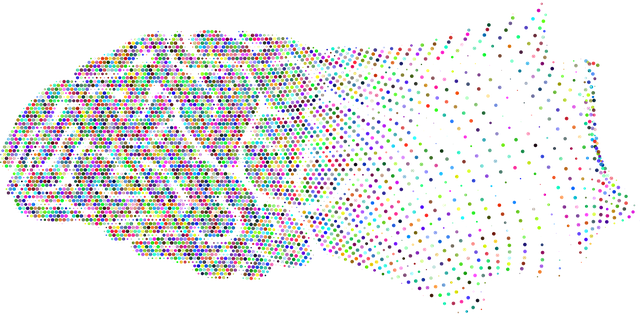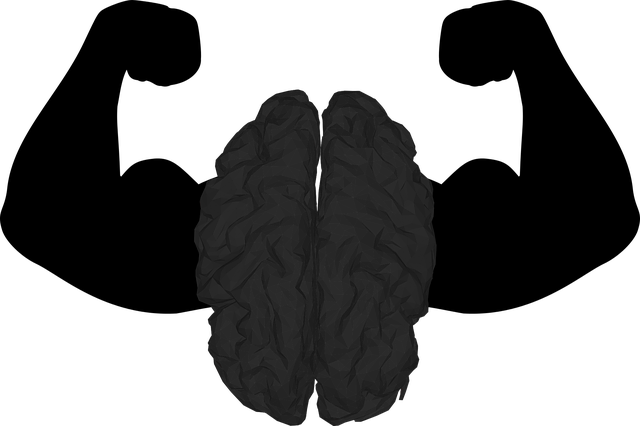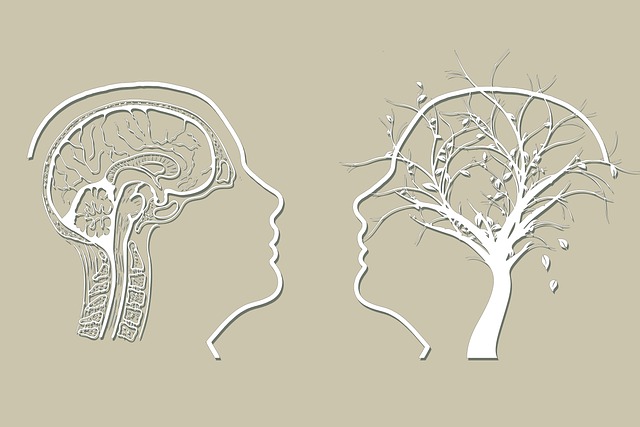Centennial Psychological Testing Therapy integrates structured assessments, self-care, and compassion cultivation for holistic mental health analysis. By combining standardized tests with qualitative observations, therapists gain comprehensive insights into clients' strengths, weaknesses, and journeys. This enables personalized treatment plans, enhanced progress tracking, and improved therapeutic outcomes through evidence-based practices tailored to individual needs.
Mental health data analysis is a powerful tool for understanding and improving individual and societal well-being. This article delves into three key aspects of this process: understanding complex mental health data, analyzing Centennial Psychological Testing results, and interpreting therapy outcomes. By exploring these areas, we gain insights that can inform personalized care, enhance therapeutic strategies, and ultimately foster healthier lives. Leveraging data from assessments like Centennial Psychological Testing allows for evidence-based decisions in mental health management.
- Understanding Mental Health Data: A Comprehensive Overview
- Analyzing Centennial Psychological Testing Results
- Interpreting Therapy Outcomes: Strategies and Applications
Understanding Mental Health Data: A Comprehensive Overview

Understanding Mental Health Data involves a comprehensive overview of various metrics and tools used to assess and monitor psychological well-being. Centennial Psychological Testing Therapy leverages structured assessments, surveys, and clinical interviews to gather data on symptoms, behaviors, and cognitive functions. These methods provide insights into individuals’ mental health states, allowing for personalized interventions. By analyzing trends and patterns within the data, therapists can identify areas of concern, track progress over time, and tailor treatment plans effectively.
Integrating Self-Care Practices and Compassion Cultivation Practices alongside traditional therapy enhances data interpretation. Tracking improvements in Self-Esteem Improvement, for instance, offers a holistic view of an individual’s mental health journey. This multidimensional approach ensures that therapy isn’t just about addressing symptoms but also fostering overall resilience and well-being. Thus, comprehensive data analysis becomes a powerful tool to guide and optimize therapeutic outcomes.
Analyzing Centennial Psychological Testing Results

The analysis of Centennial Psychological Testing results offers a wealth of insights into individuals’ mental health and well-being. By meticulously examining the data, therapists can uncover patterns and trends that provide valuable information about clients’ psychological states. This process involves a deep dive into various assessment tools, including standardized tests designed to measure cognitive abilities, emotional resilience, and personality traits. Through this analysis, therapists gain a comprehensive understanding of their clients’ strengths and weaknesses, which is crucial for tailoring effective therapy sessions.
The data derived from Centennial Psychological Testing serves as a powerful tool for fostering positive thinking and boosting confidence. By identifying areas where individuals may struggle, therapists can develop targeted interventions to enhance mental health awareness and promote personal growth. This evidence-based approach ensures that therapy is not just a hypothetical process but a structured journey towards improved psychological well-being, empowering folks to navigate life’s challenges with greater resilience and self-assurance.
Interpreting Therapy Outcomes: Strategies and Applications

The interpretation of therapy outcomes is a multifaceted process that goes beyond raw data. By employing Centennial Psychological Testing as a foundation, therapists can gain valuable insights into their clients’ mental health journeys. This involves not just quantifying progress but also understanding the qualitative aspects, such as changes in emotional expression and client-therapist interactions. For instance, while standardized tests may measure cognitive function or anxiety levels, they might not capture the nuances of a client’s experience. Therapists can complement these findings with their clinical observations to gain a holistic view. This approach allows for more tailored interventions, focusing on building empathy and resilience—key components in fostering effective therapy.
Moreover, data analysis strategies can be leveraged to identify patterns and trends within client populations, aiding in the development of evidence-based practices. For example, examining the outcomes of specific treatments or interventions across a diverse range of clients can reveal what works best for different presentations. This information is invaluable in refining therapeutic techniques, ensuring that each session is not just beneficial for an individual but contributes to the broader understanding and improvement of mental health support. Through these applications, therapists can enhance their ability to deliver personalized care, boosting client confidence and ultimately leading to more successful therapy outcomes.
Mental health data analysis and interpretation are essential components in enhancing therapeutic practices. By understanding complex datasets, such as those from Centennial Psychological Testing, therapists can gain valuable insights into individual patient progress. Analyzing these results allows for tailored interventions, improving treatment outcomes. Through effective strategies outlined in this article, professionals can navigate the intricacies of mental health data, ultimately fostering better patient care and personalized therapy journeys. This comprehensive approach ensures that the field of psychology leverages data to deliver impactful and successful therapeutic experiences.














